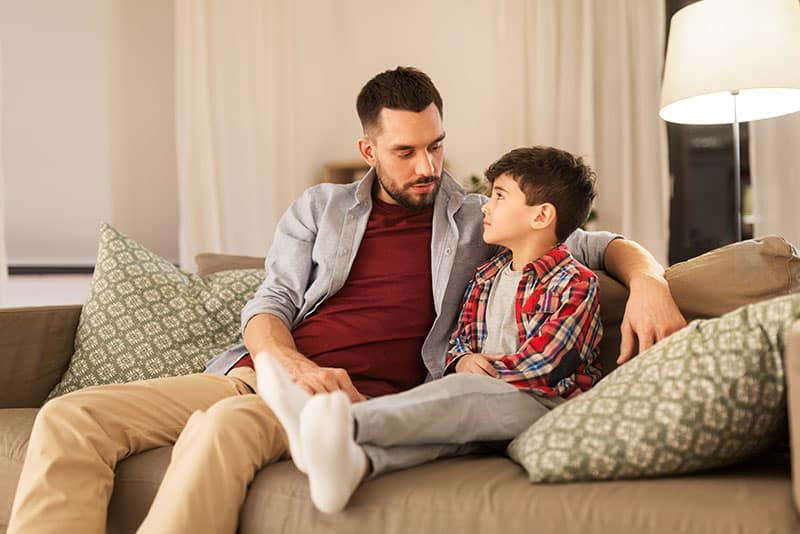Divorce is difficult for everyone involved, but it can be especially confusing and overwhelming for children. They may have questions, fears, and emotions they do not know how to express. How you approach the conversation can have a lasting impact on their ability to cope with the changes.
At Irwin & Irwin, we have worked with many parents navigating divorce and custody matters. While every family is different, there are some important guidelines to keep in mind when talking to your kids about divorce.
Plan the Conversation Together
If possible, both parents should talk to the children together. Presenting a united front can help reassure them that, while things are changing, they are still loved and supported by both parents.
Choose a time when you can sit down without distractions. Be calm, clear, and honest, but avoid overwhelming them with too many details at once.
Use Simple and Reassuring Language
Children do not need to know all the legal or personal reasons behind the divorce. Keep your explanation age-appropriate and focused on how it will affect them.
Some key points to emphasize include:
- The divorce is not their fault.
- Both parents love them and will continue to be involved in their lives.
- It is okay to have feelings about the situation and to talk about them.
Encourage Questions and Listen to Their Concerns
Children may have many questions, some of which they may not ask right away. Encourage them to share their thoughts and feelings, and answer their questions honestly but appropriately.
Common questions might include:
- Where will I live?
- Will I still see both of you?
- Will I have to change schools?
- Do you still love each other?
Listen carefully to their concerns and acknowledge their emotions, even if they do not express them in words. Some children may act out, withdraw, or show signs of stress in other ways.
Avoid Blaming the Other Parent
No matter how difficult your relationship with your spouse may be, avoid speaking negatively about them in front of your children. They should never feel like they have to take sides. Keeping conversations respectful helps them maintain a healthy relationship with both parents.
Reassure Them About Routine and Stability
One of the biggest fears children have during divorce is uncertainty about their future. Try to provide as much consistency as possible with daily routines, school, activities, and time with each parent. Let them know what changes to expect and give them time to adjust.
If you do not yet have all the answers about custody arrangements, reassure them that both parents are working on a plan that will keep their needs in mind.
Watch for Signs They May Be Struggling
Divorce can be emotionally difficult, and some children may need extra support. Look for signs such as:
- Changes in behavior, mood, or sleep patterns
- Difficulty in school or social situations
- Increased anxiety or withdrawal
If your child is struggling, consider counseling or support groups to help them process their feelings in a healthy way.
Keep the Conversation Open
Talking to your kids about divorce is not a one-time conversation. They may have new questions or concerns as time goes on. Let them know they can come to you anytime to talk.
Moving Forward After Divorce
Divorce is a major transition, but with love, patience, and open communication, children can adapt and thrive. If you have questions about custody, parenting plans, or other family law matters, Irwin & Irwin is here to help. Contact us to discuss your situation.





